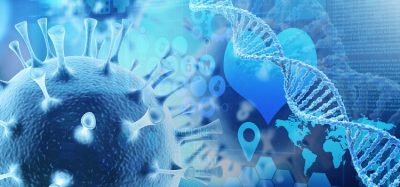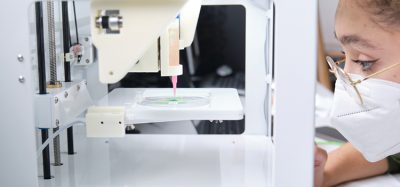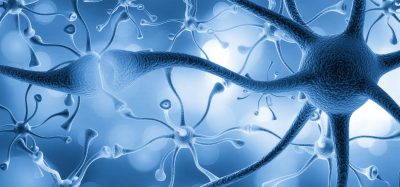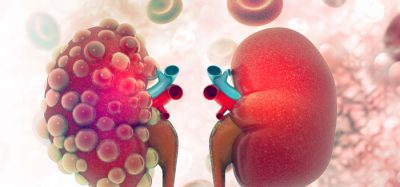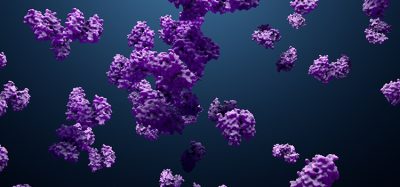B cells may travel to remote areas of the brain to improve stroke recovery
Posted: 19 February 2020 | Victoria Rees (Drug Target Review) | No comments yet
Research has found that after stroke in mice, B cells migrate to far regions of the brain that control motor functions, indicating their role in recovery.
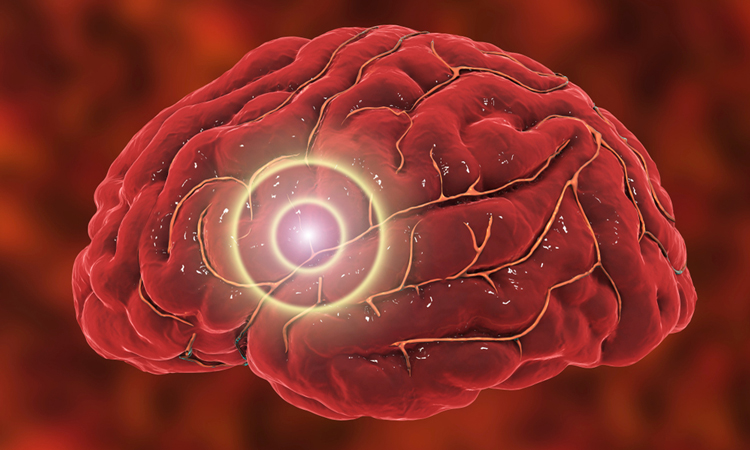
New research demonstrates that the immune system may target remote areas of the brain to improve recovery after a stroke. According to the scientists, B cells can migrate in the brains of mice to regions known to generate new neuronal cells as well as regulate cognitive and motor functions.
Led by researchers at the University of Kentucky, US, the team investigated how B cells can produce neurotrophins that regulate the development and growth of neurons in the brain.
An ischemic stroke is the most common type of stroke that happens when an artery in the brain becomes clogged, typically by a blood clot. It is known that B cells travel to the site of ischemic stroke as part of the immune response, but this new study shows that B cells may also move into multiple areas of the brain – both injured and uninjured.
…B cells can migrate in the brains of mice to regions known to generate new neuronal cells”
“This is rather unique because it broadens our idea that we need to look at other areas of the brain when studying stroke,” said senior author of the study, Associate Professor Ann Stowe. “These areas are really critical for functional recovery so they could potentially be targets for drug development or therapies.”
Researchers studied the post-stroke recovery of mice and through whole-brain imaging observed that B cells not only migrated to the infarction, or site of the stroke, but to other areas supporting motor and cognitive recovery. Mice with depleted B cells experienced reduced recovery in these areas, confirming these findings for the researchers.
“This study suggests that B cells might have a more neurotrophic role,” Stowe says. “Hopefully from this, we can better understand the inflammatory processes after stroke – and long term, possibly identify what subsets of immune cells can support stroke recovery.”
The study can be found in PNAS.
Related topics
Antibodies, Neurosciences, Protein, Regenerative Medicine, Research & Development
Related conditions
Ischemic stroke
Related organisations
Kentucky University
Related people
Ann Stowe



